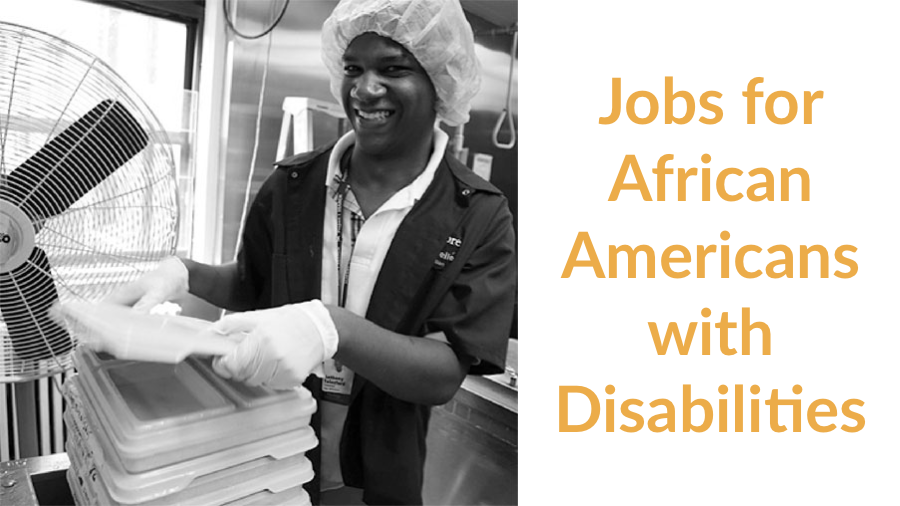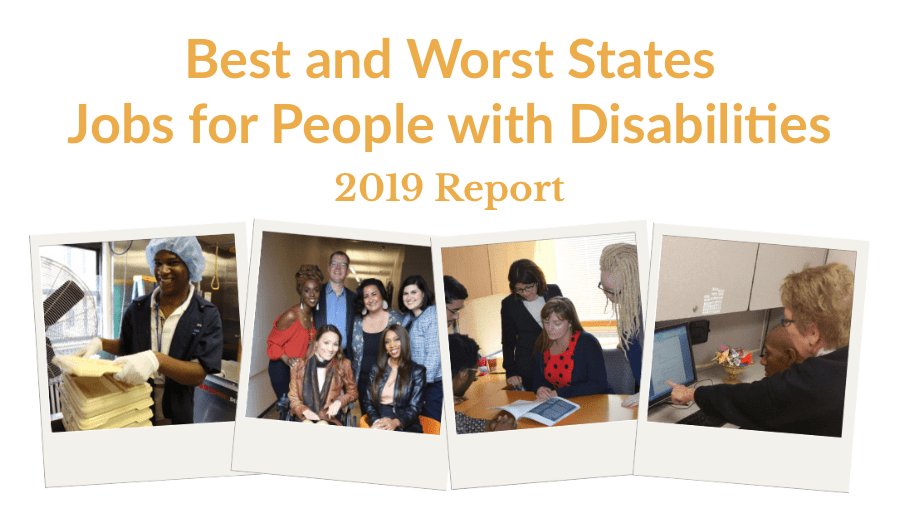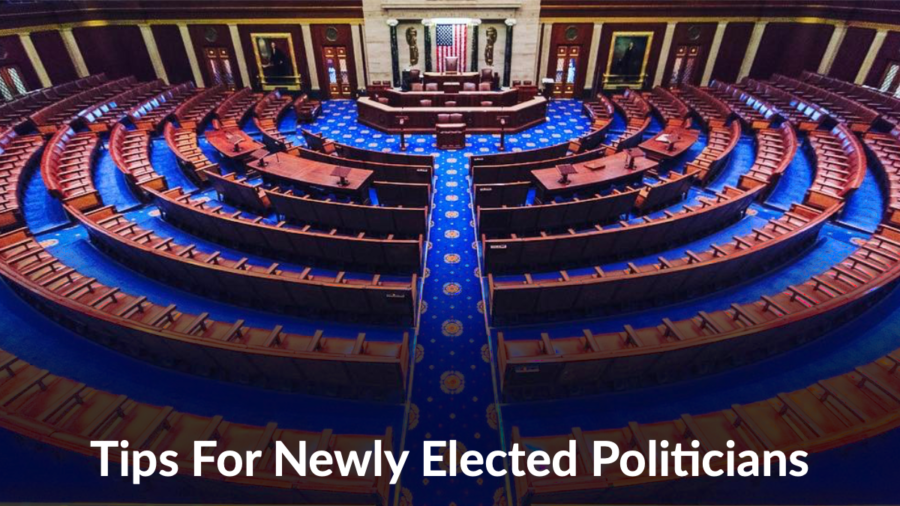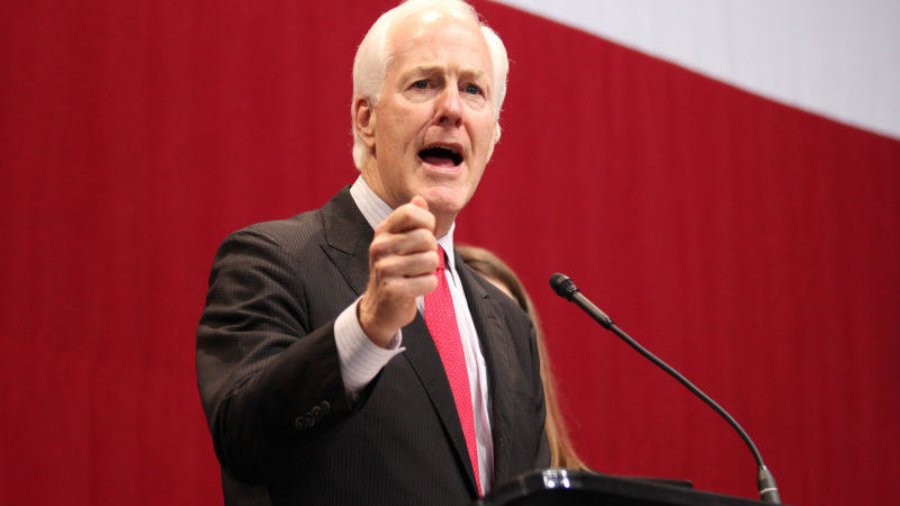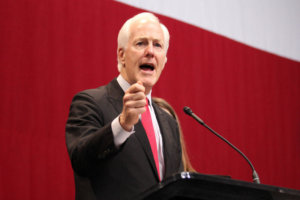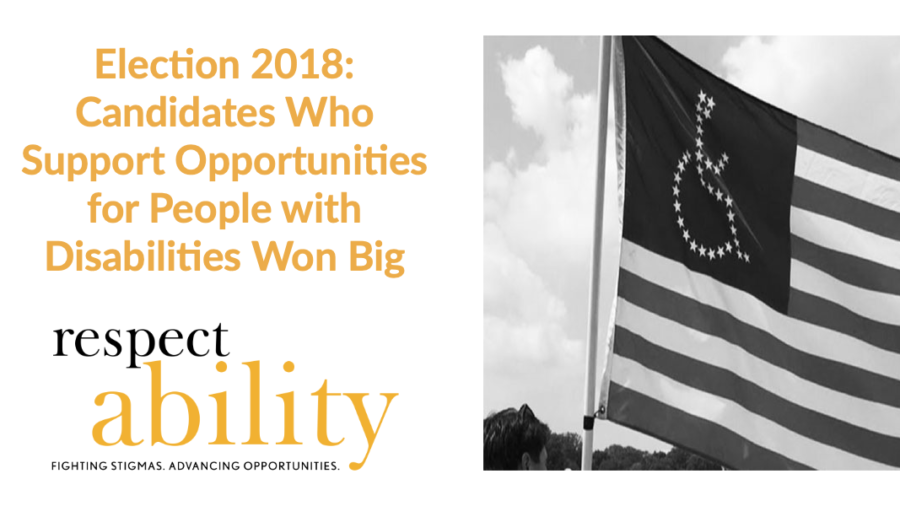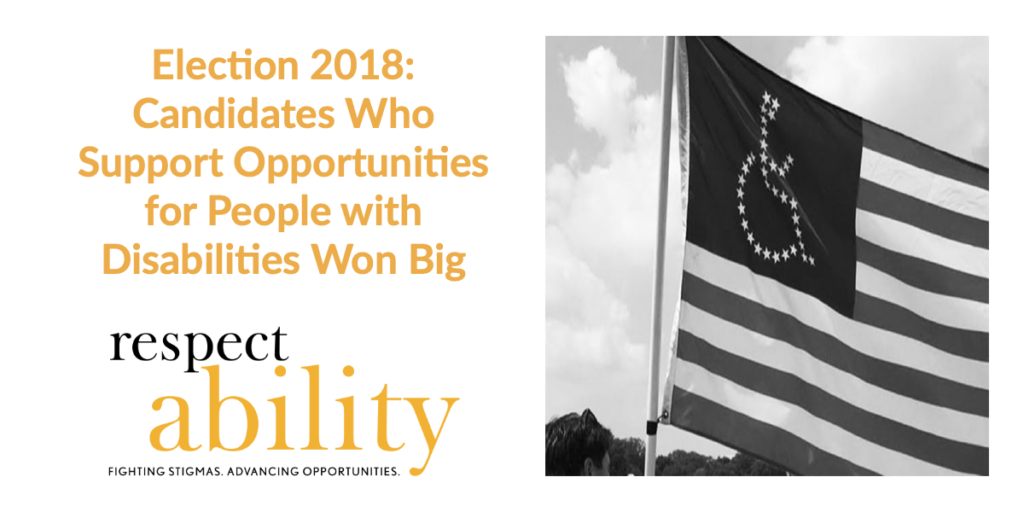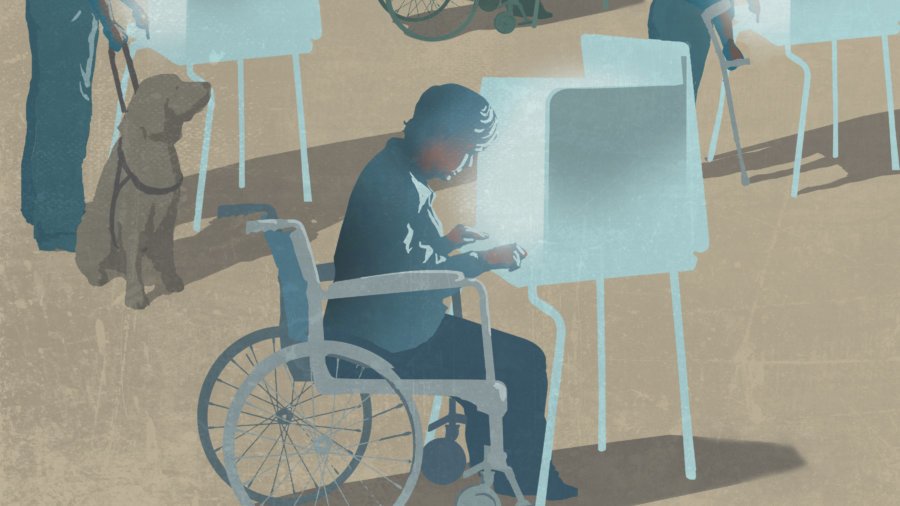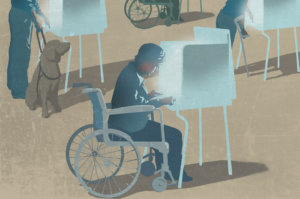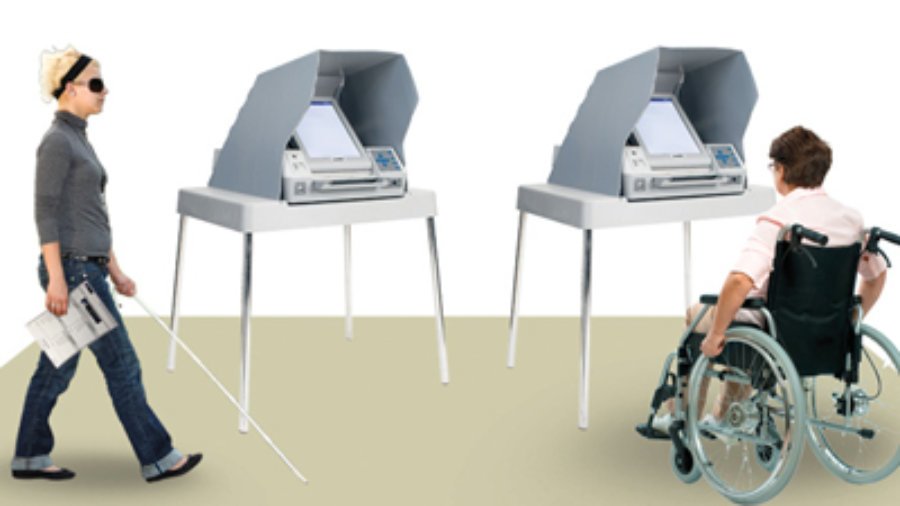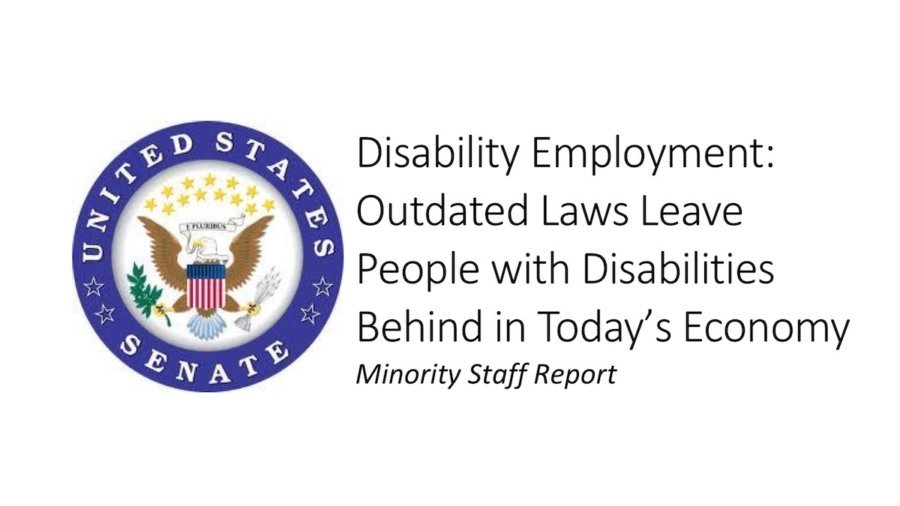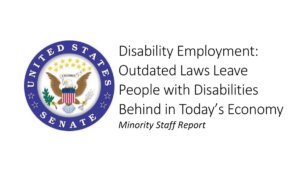- Even as the rest of the disability community experienced job gains in 2017, African Americans with disabilities are being left behind in the workforce.
- Out of the 50 states, African Americans with disabilities only saw job gains in 22 states while they lost jobs in 28 states.
- Texans with disabilities experience the biggest jobs gains for African Americans with disabilities of any state, with more than 8,000 entering the workforce.
Washington, D.C., Feb. 28 – New statistics released this month show that African Americans with disabilities are being left behind even as more and more people with disabilities enter the workforce. The Disability Statistics Compendium, released by Institute on Disability at the University of New Hampshire, shows that the employment rate for African Americans with disabilities stands at 28.6 percent. The Compendium also shows that geography has an impact on employment outcomes for African Americans with disabilities.
The newly published 2018 Annual Disability Statistics Compendium compiles data collected by the U.S. Census Bureau. The Compendium is intended to equip policymakers, self-advocates and other groups with clear statistics on the state of disability in America today.
Out of more than three million working-age African Americans with disabilities, barely 934,589 have jobs. This data also shows the serious gaps that remain between disabled and non-disabled African Americans. According to the Compendium, while 28.6 percent of U.S. African-American civilians with disabilities ages 18-64 living in the community had a job, compared to 73.7 percent of blacks without disabilities. [continue reading…]


